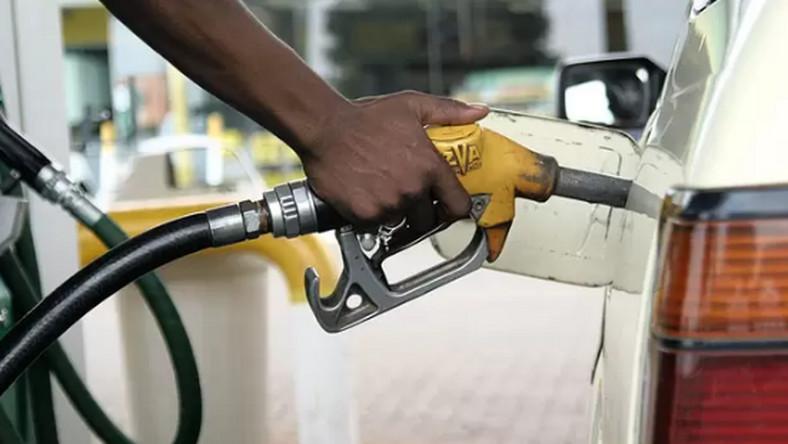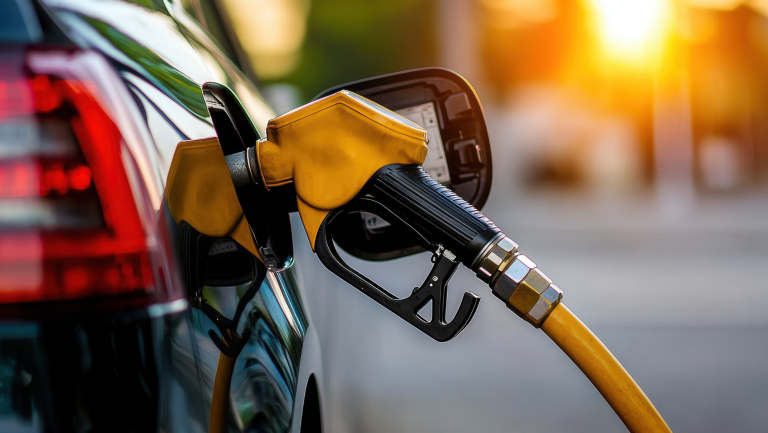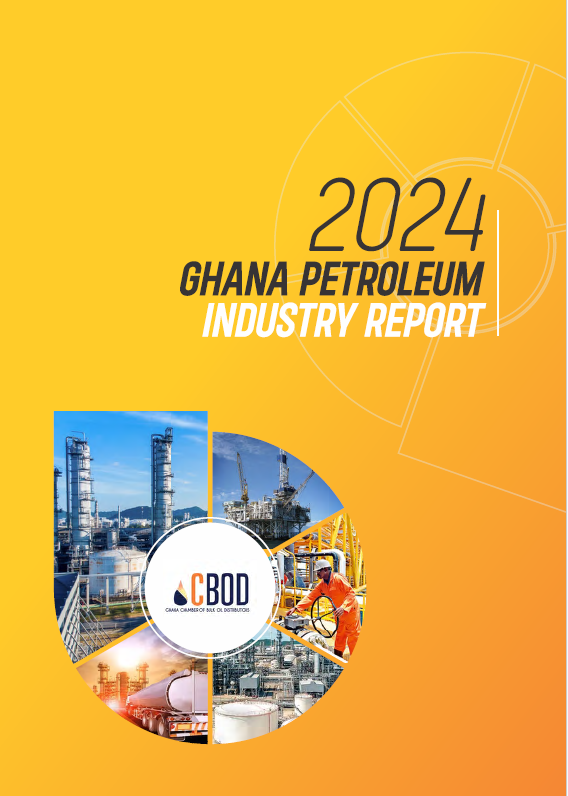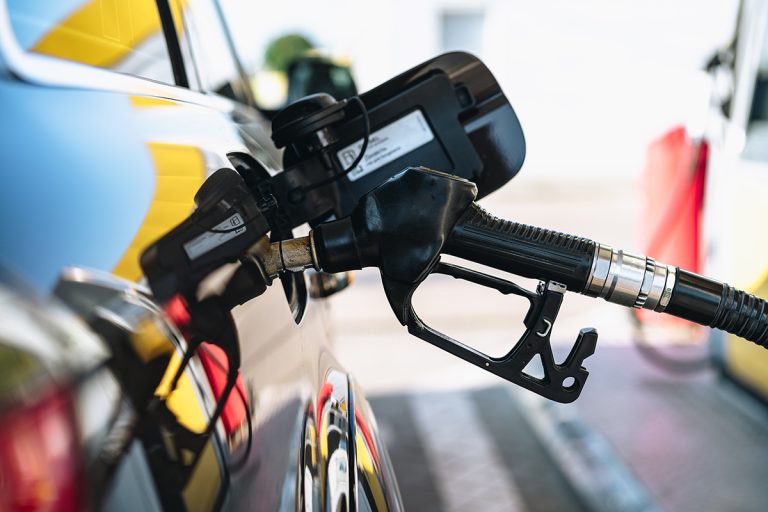The combined effect of the proposed sanitation and pollution levy; and the excess capacity levy will be an increase in the price of fuel at the pumps, caretaker Finance Minister Osei Kyei-Mensah-Bonsu has said.
The Suame MP told Parliament on Friday, 12 March 2021 when he presented this year’s budget and economic statement that “to provide the requisite resources” to address Ghana’s sanitation and pollution challenges, “the government is proposing a Sanitation and Pollution Levy (SPL) of 10 pesewas on the price per litre of petrol/diesel under the Energy Sector Levies Act (ESLA)”.
Concerning the levy regarding the cost incurred by the government as a result of its monthly payment for excess capacity charges, the Majority Leader said it would be recalled that when crude oil prices increased substantially between 2017 and 2018, the government abolished excise taxes and reduced the special petroleum tax from 17.5 per cent to 13 per cent to mitigate the impact on domestic petroleum prices.
According to him, despite the “substantial progress made by the Akufo-Addo government, there is the need to find additional resources to cover the excess capacity charges that have resulted from the Power Purchase Agreements (PPAs) signed by the previous government, which required payments for capacity charges even when the plants involved were idle or unutilised”.
“It has become very necessary for the government to consider a review of the energy sector levies. The Energy Sector Recovery Levy of 20 pesewas per litre on petrol/diesel under the ESLA is hereby submitted to this House for approval”.
The Minister of Parliamentary Affairs then said: “I should note that on the basis of existing world crude oil prices, the implementation of the two proposed levies for sanitation and pollution as well as to pay for excess capacity charges, would result in a 5.7% increase in petroleum prices at the pump”.
Despite that, Mr Kyei-Mensah-Bonsu insisted that the data shows that under the Akufo-Addo government, the increase in petroleum prices is the “lowest in the Fourth Republic”.
“In the year 2020, for example, there was a cumulative net decrease in petrol prices at the pump by 7.46% and diesel by 9.53%. Between 2009 and 2012 average petrol prices increased by 29.5% annually. Between 2013 and 2016, average petrol prices increased by 24% annually. Between 2017 and 2020, average petrol prices increased by 8.26% annually”, he quoted from the National Petroleum Authority (NPA).
“Mr Speaker, this confirms the fact that we are better managers of the economy, more disposed to reducing and/or abolishing taxes and prudent in the use of taxpayers’ money”.
—classfm





